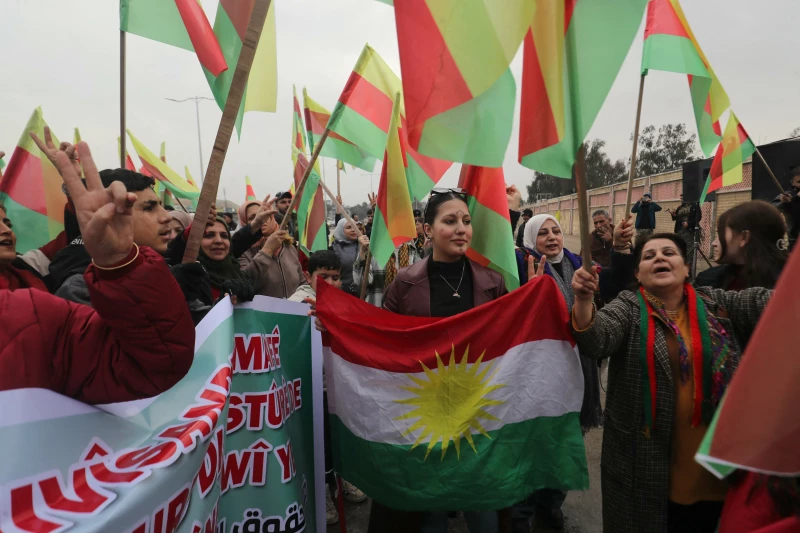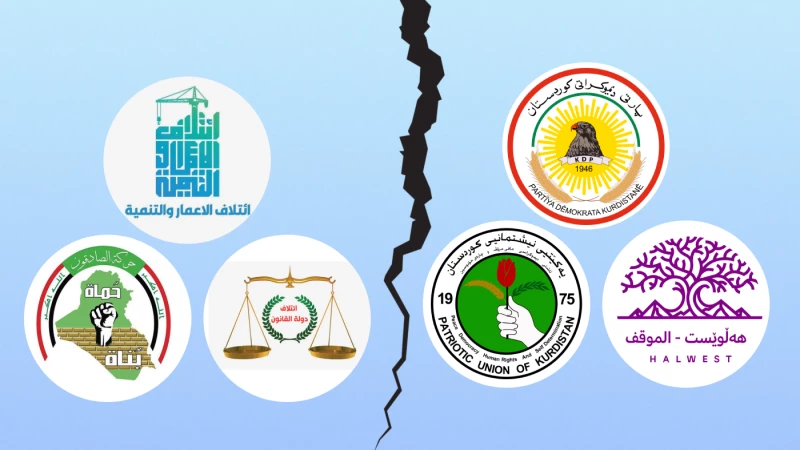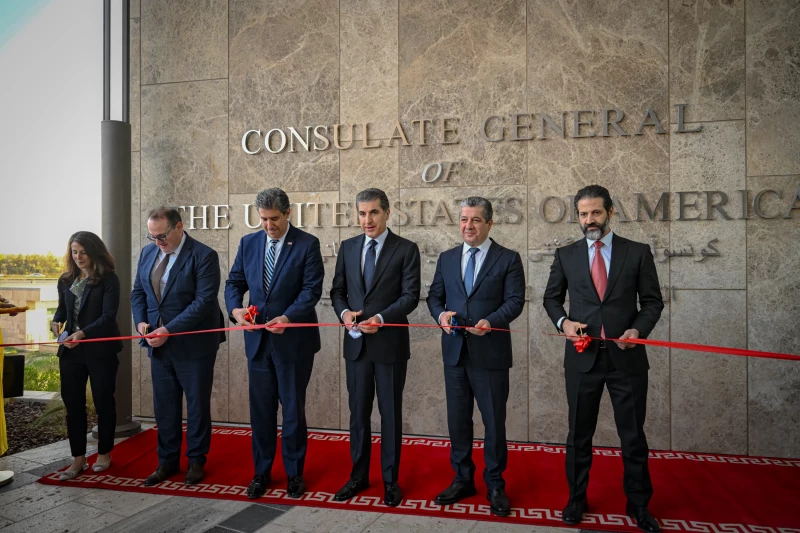Iraq-US relations are set for a serious test under the new Donald Trump administration in Washington, amid rapidly shifting regional power dynamics. A key early demonstration of this came with the Central Bank of Iraq banning five Iraqi banks from engaging in US dollar transactions at the behest of the US Treasury and Federal Reserve.
Baghdad appears well aware of the emerging challenges, particularly given the foreign policy and national security team shaping up under Trump. In response, it has signaled its apprehension by complying with key US demands. While the bank ban is the latest such move, the Iraqi parliament’s recent amendment of its Budget Law to modify production and transportation fees for international oil companies also reflects an attempt to align with US expectations, per prominent pro-Iran Iraqi MP Uday Awad.
Yet, if past and present statements from US officials are any indication, these measures may only be the tip of the iceberg. The February 4th memorandum by Trump on imposing maximum pressure on Iran explicitly mentions preventing Tehran from “utilizing” Iraq’s “financial system.” Republican Congressman Joe Wilson has openly threatened sanctions and terror designations against Iranian-aligned entities in Iraq, from top judicial officials to the armed-political groups such as Badr Organization and the state-owned Rafidain Bank.
Several key figures in the Trump administration share this tough stance. Secretary of State Marco Rubio, during his February 16 visit to Jerusalem, reiterated that Iranian-backed militias destabilize Iraq. This would only fuel speculation about alleged US intentions to push for either dismantling pro-Iran armed factions or bringing them more firmly under government control. Rubio’s nominee for Assistant Secretary for Near East Policy, Joel Rayburn, has long opposed Iran’s role in Iraq and advocated strong US support for the Kurdistan Region’s stability and constitutional status. National Security Advisor Mike Waltz has also been vocal about what he called Iran’s “network of control” in Iraq, particularly through the judiciary.
Faiq Zidan, President of the Iraqi Supreme Judicial Council, is at the center of Iran’s plot to turn Iraq into a client state.
— Mike Waltz (@michaelgwaltz) June 27, 2024
The first step in dismantling the Ayatollah’s network of control is to clearly name who is doing his bidding.https://t.co/rbSiufASd5
However, whether these officials will follow through on their stated positions—or whether Washington has the political bandwidth to prioritize Iraq amid other global crises—remains to be seen. Nonetheless, there are concerns among U.S. allies in Iraq, particularly the Kurds, about the impact of U.S. measures, if such statements were to be translated into policy. They fear that a broad and indiscriminate approach—one that groups both U.S. allies and adversaries together under a blanket “united Iraq” policy—could affect the entire country rather than just the intended targets.
Overall, what is clear is that trust in Baghdad within the current US administration is far lower than it was under its Democratic predecessor. The prevailing view in Washington sees Iraq through the lens of its ties to Iran. Consequently, the focus is on pulling Iraq away from Iranian influence, a goal emboldened by recent setbacks for Iran and its regional allies in Gaza, Lebanon, and Syria.
Iraq’s situation, however, is uniquely complex. The governing Shiite coalition in Baghdad has long depended on Iran for political support. While their interests do not always align, the rise of Shiite political dominance in Iraq—particularly among pro-Iran factions—has largely paralleled and benefited from Iran’s regional ascendancy.
These dynamics suggest that Iraq faces a critical inflection point and needs urgent course correction. Baghdad is at one of its weakest points in the past decade, caught between its formal alliance with the US and the influence of Iran-backed militias, some of which are officially part of the Iraqi security apparatus under the Popular Mobilization Forces (PMF).
However, unlike the past years, the space for maneuvering between these two poles is rapidly shrinking. Washington is unlikely to tolerate a scenario where groups aligned with Iran’s “Axis of Resistance” continue receiving Iraqi government funding and weaponry while maintaining ties to Tehran—and worse, launching attacks on the US or its allies—though admittedly, there has been greater tolerance for the latter. On top of that, there is also waning patience for the misuse of Iraq’s financial system and trade networks to support Iran. Baghdad has to find a way to overcome these contradictions through concrete measures.
Another crucial element of Iraq’s course correction should be a more balanced and inclusive governance structure. The 2005 Iraqi Constitution envisions a federal system based on power-sharing among Shiite Arabs, Kurds, and Sunni Arabs. However, this balance has never been fully realized and has further deteriorated since 2017, as Kurdish influence in federal decision-making has diminished, resulting in near-total Shiite dominance of Iraq. Part of the reason the state has found itself in Washington’s crosshairs is the impact of this lack of internal balance on its decision-making.
Ensuring Iraq’s stability, peace, and prosperity requires a renewed commitment to power-sharing and respect for local autonomies. Such balance is essential not only for internal cohesion but also for positioning Iraq as a constructive regional actor rather than a source of instability. The ruling Shiite factions must recognize the gravity of the current moment and act to prevent another cycle of crisis.
There is growing recognition in Baghdad that Iraq is on the cusp of a precarious period. Conversations with sources in both Iraq and Washington reveal a palpable sense of anxiety—even panic—among Iraqi policymakers. This might prompt Baghdad to reconsider its plans for the phased withdrawal of US troops in late 2025 and 2026, a previously agreed timeline between Washington and Baghdad.
With mounting regional and domestic pressures, and Tehran itself facing unprecedented strain, the continued presence of US forces may prove to be a crucial stabilizing factor for Iraq. Kurdistan Region President Nechirvan Barzani underscored this point in an interview with Bloomberg during the Munich Security Conference on February 16, emphasizing the importance of maintaining US military support.
In the coming months, Iraq will be forced to navigate an increasingly fraught landscape. Will it be able to strike a sustainable balance between its relationships with the US and Iran or will it be pulled deeper into the orbit of one at the expense of the other?
The views expressed in this article are those of the writer and do not necessarily represent the position of The New Region's editorial team

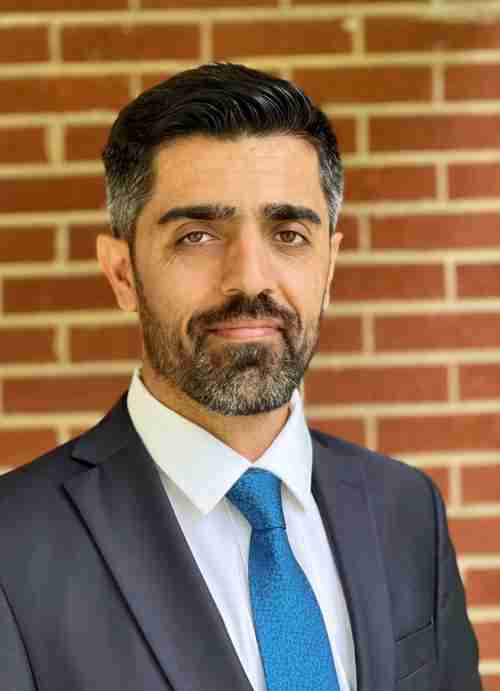
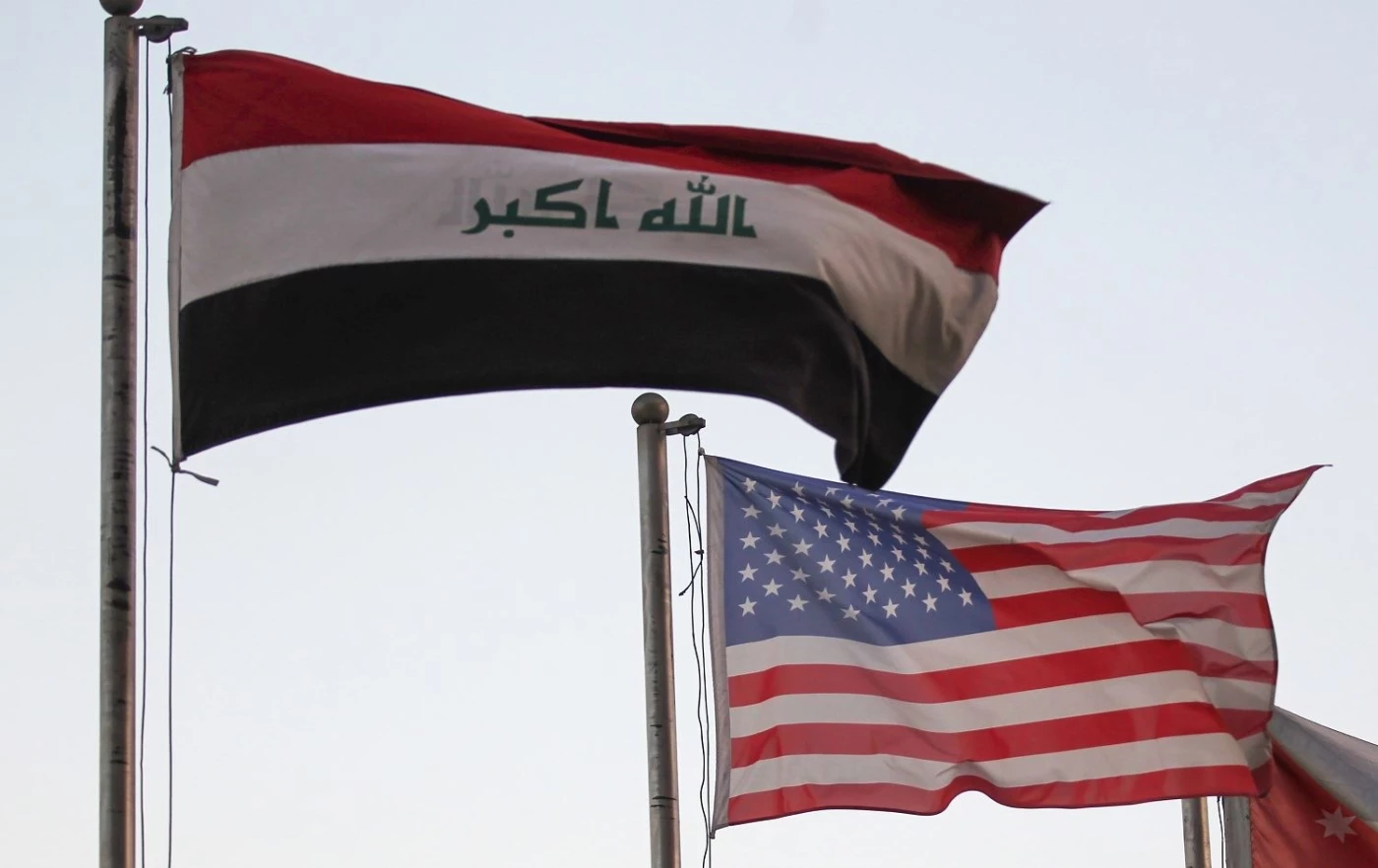
 Facebook
Facebook
 LinkedIn
LinkedIn
 Telegram
Telegram
 X
X
